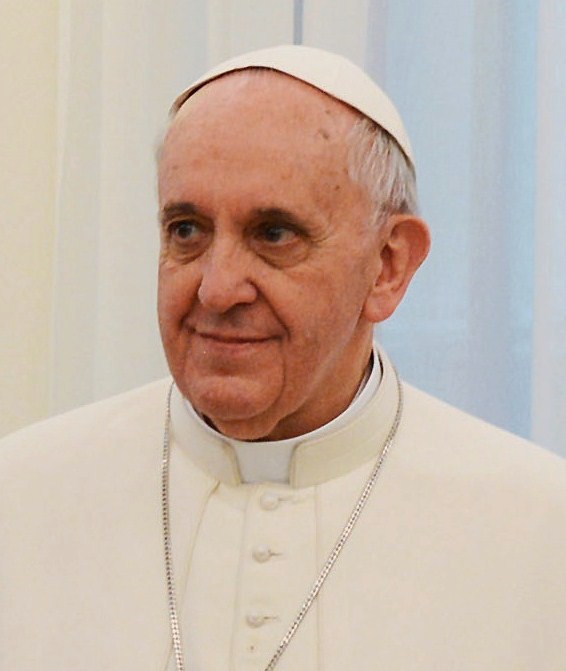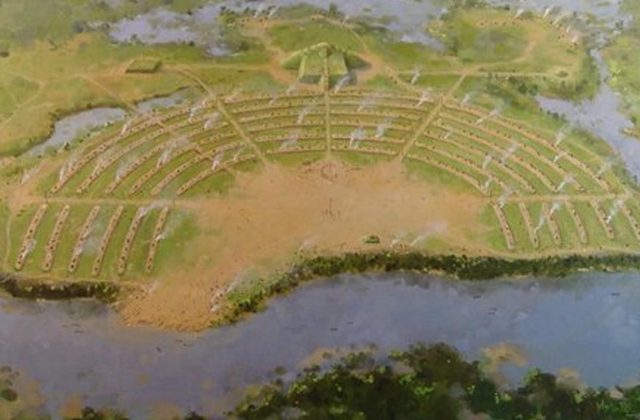Amy at Texas Faith: Religious advice for politicians

TEXAS FAITH: What words of religious faith should politicians really hear and heed?
Dick Thornburgh, former Pennsylvania governor and U.S. attorney general, gave a speech last month entitled “The Role of Faith in Public Service.” In it, he said not only that his religious faith was important to him as a lawyer, governor and cabinet member under two presidents – but also that he tried to keep “a particularly instructive passage of scripture” in  mind. It was Micah 6:8, a well-known passage for many Jews and Christians: “Do justice, love mercy and walk humbly with your God.”
mind. It was Micah 6:8, a well-known passage for many Jews and Christians: “Do justice, love mercy and walk humbly with your God.”
In his speech, Thornburgh explained why he tried to keep that particular passage in mind.
As a prosecutor, Thornburgh said the idea of justice meant making a good-faith effort to combine the toughness necessary to govern with a compassion for people in need. Of kindness, he said: “This admonition encompasses the highest claim upon those of us in public life – that of assisting others.” As for walking humbly, that sometimes means admitting when you’re wrong.
Graphic Credit/Todd Slater
Every faith and spiritual tradition has its verses, phrases, expressions, central ideas. The Bible, the Torah, the Quran, the Bhagavad Gita, Tripitaka, myriad religious texts and spiritual beliefs – each has what Thornburg calls a “particularly instructive passage” providing guidance for people in public life.
The Faith Panel took up the question — What single passage from your faith tradition would you recommend to elected officeholders and those who advise them? Their answers were varied, similar, extraordinarily diverse and amazingly consistent.
AMY MARTIN, Director Emeritus of Earth Rhythms and Writer/editor Moonlady News Newsletter
The first religious text is considered to be the Tao Teh Ching, dating to 6th century BCE China and assumed to be authored by the sage Lao Tze. Due to Lao Tze’s concern over corruption and depravity, one-quarter of the book is devoted to advice for political leaders. Nearly 30 centuries later, Lao Tze’s concerns remain timeless.
One central metaphor of leadership in Taoism utilizes rope as an example of working with energy rather fighting against it. Key to it is viewing opposites as an essential balance rather than an opposition to be defeated.
Try pushing a rope. It’s not going to work. You can pull a rope to get it in motion, but it all depends on what’s at the other end. Ask anyone who’s tried to leash a recalcitrant Labrador. Yet if you work with your roped object and consider it part of the team, then partnership is possible.
Quality leadership is often likened to water. The river splits into myriad drops at the waterfall, but resumes into oneness downstream. The ocean receives all rivers. Water is soft and yielding, yet shapes the world.
These philosophies are encapsulated in this stanza of the Tao Teh Ching:
One who would guide a leader of men in the uses of life will warn him against the use of arms for conquest.
Weapons often turn upon the wielder. An army’s harvest is a waste of thorns. Conscription of a multitude of men drains the next year dry.
A good general, daring to march, dares also to halt, and will never press his triumph beyond need. What he must do he does but not for glory. What he must do he does but not for show. What he must do he does but not for self.
For an excellent exploration of Taoist principles in business and politics, read “The Tao of Leadership” by John Heider.


